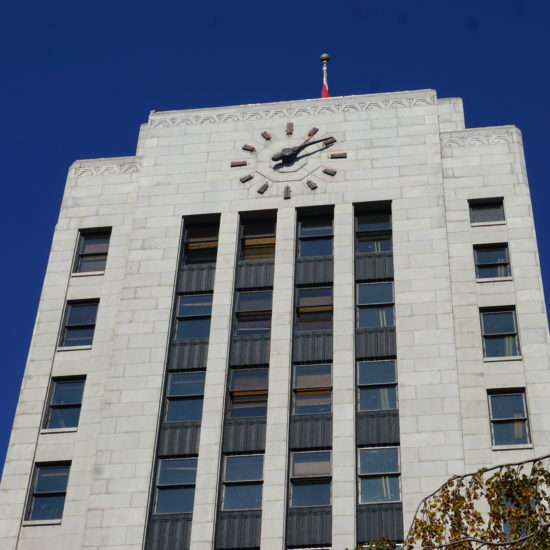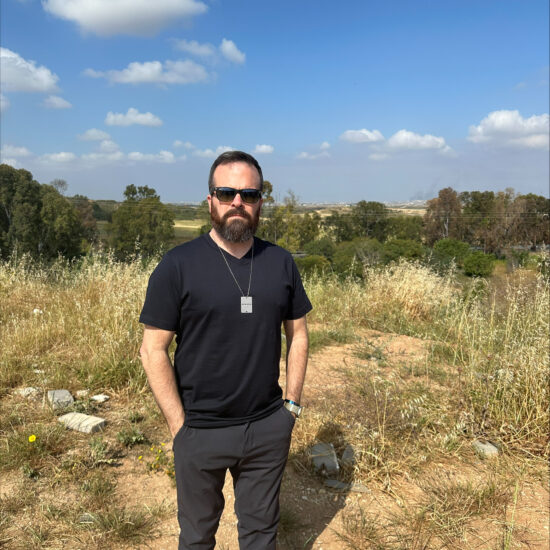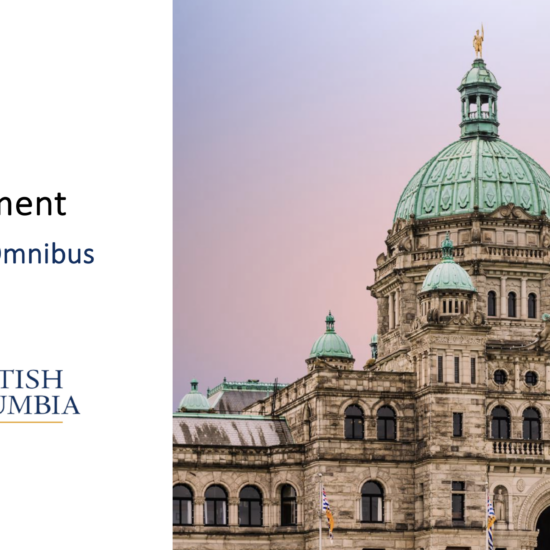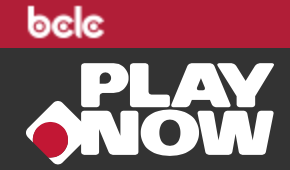
Bob Mackin
It’s Super Bowl Sunday, the biggest sports gambling day of the year, and the B.C. NDP government says it is searching for ways to protect B.C. Lottery Corporation’s PlayNow website from illegal competitors.
But, like the Philadelphia Eagles’ quest to upset the New England Patriots, it is easier said than done.
A briefing note by the Gaming Policy and Enforcement Branch’s Rachel DeMott for Attorney General David Eby, obtained by theBreaker under freedom of information, said enforcement has failed to stop grey and black market digital bookies from eating into the market.
“Canada’s monopoly model is relatively ineffective due to the lack of clear legislation outlining the legalities of online gambling as well as the popularity of certain prohibited wagers,” said the Sept. 25, 2017 briefing note to Eby. “This ambiguity has led to a lack in availability of enforcement mechanisms.”
The Canadian Criminal Code says it is illegal for anyone — other than a provincial government monopoly (like BCLC) — to take bets online from Canadians or advertise gambling websites. The law is rarely enforced. The Kahnawake Mohawk reserve near Montreal became a hotbed for offshore gambling servers. Canadian broadcasters sell time to companies that advertise free-to-play or tutorial websites with .net domains; the goal of those companies is to encourage migration to the pay-to-play .com sits.
The Criminal Code’s ban on single-event wagering means BCLC’s PlayNow, the province’s only legal gambling website, can offer a minimum of two games for bettors. That means anyone putting money on the result of the Super Bowl must also choose a second match from another sport. Efforts to amend the Criminal Code to allow single-event wagering have been defeated twice in Parliament, most recently in 2016. In opposition, the Liberals supported the amendment, but in government they cited concerns with problem gambling and match fixing.
“B.C. supported amendments, to take these bets out of the illegal market, protect citizens and capture revenue for government,” the note said.
It said unregulated sites offer the risk of fraud, changing odds, lack of responsible gambling features and access by minors. Government bears the burden of health and justice problems from those who become addicted.
GPEB wrote letters to 18 companies that operate at least 25 of the most-popular online gambling websites to no avail. “However none of these companies has ceased operations in B.C. because of these letters,” the briefing note said.
B.C., Manitoba, Quebec, Ontario and the Maritimes have regulated online gambling sites. The global amount wagered in regulated and unregulated online markets has mushroomed from $6 billion in 2003 to $46 billion in 2016 and is projected to hit $56 billion by 2018. The briefing note estimated B.c.’s online gambling market to be worth $640 million.
Quebec has not been successful in attracting a large amount of players to its version of PlayNow and a Quebec-chaired working group, that includes B.C., had not met in the last year. A May 2016, Quebec-passed law to enable blocking of unregulated gambling websites through the province’s Consumer Protection Act is being challenged in Quebec Superior Court by the Canadian Wireless Telecommunications Association. “B.C. expects this legislation to be struck down,” the briefing note said.
A request to interview Eby was turned down. His office sent a prepared statement instead.
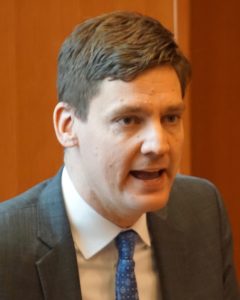
Attorney General Eby (Mackin)
“We are exploring what could be done at the provincial level to address unregulated online gambling websites and protect British Columbians. We are also participating in a federal/provincial/territorial working group to discuss this issue with the federal government and other provinces,” said the statement, attributed to Eby.
“The concern is that we’re unable to ensure these websites meet the standards of integrity set for B.C.’s gambling industry because they’re outside our jurisdiction and unregistered with the GPEB. I have asked ministry staff to look into options to address the unregulated market.”
The 2016-2017 annual BCLC report said its electronic gambling revenue increased $22.1 million, or 16%, from the previous year. So-called eGaming revenue was lumped-in with lotteries, and grossed $1.285 billion.
GPEB briefing note: “PlayNow.com has continued to grow year over year while land based gambling is flat lining.”
Last July, a judge in Maryland agreed to fine renegade online gambling pioneer Calvin Ayre of Vancouver-born Bodog $500,025 and sentence him to a year of unsupervised probation. Ayre pleaded guilty to the misdemeanour of being an accessory after the fact to transmission of wagering information between June 2005 and December 2011. He was among four Bodog executives charged in February 2012 and could have been jailed up to 25 years for conducting an illegal sports gambling business and conspiracy to launder money.
U.S. authorities seized more than $66.1 million from Bodog accounts.
Support theBreaker.news for as low as $2 a month on Patreon. Find out how. Click here.








